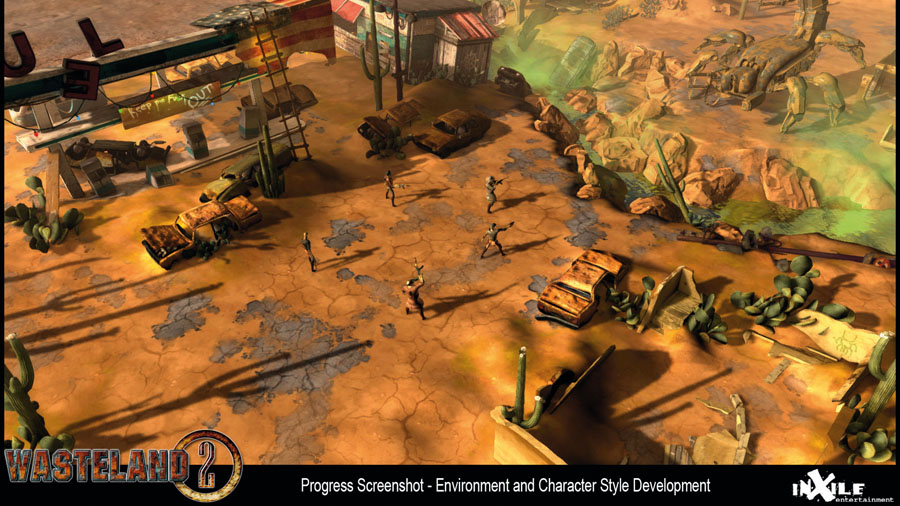Crowdfunding: what it is and why it's important
We explore the murky world of crowdfunding

Sign up for breaking news, reviews, opinion, top tech deals, and more.
You are now subscribed
Your newsletter sign-up was successful
Think of a crowd. Think of a mob. Think of a mass. The collective nouns for 'people' mostly come with negative connotations because, in the English language at least, such large groups are regarded apprehensively.
If a third party talks about a crowd's 'mind', then that collective intelligence is automatically levelled down, sometimes to stupidity and more often to madness (except in obscure SF or fantasy).
Think of Charles Mackay's seminal book Extraordinary Popular Delusions and the Madness of Crowds, focusing on economic bubbles and mass movements. Perhaps this fear of the crowd is a literary hang-up from ancient times, when the mob-fearing bourgeoisie and aristocracy owned the printing presses (say, before 1998 - Political Ed), or perhaps large groups of people just tend to behave in scary and antisocial ways.
Whatever the reason, we are fundamentally scared of crowds, and the main products of this fear have been theories about coping with them and avoiding them, not benefiting from them.
Yet in recent years, the crowd has been getting more and more attention. It seems that earlier fears of crowds simply played out of our limited understanding of their dynamics. Now we've found ways of utilising the crowd's processing power; now, several technologies, such as Amazon's Mechanical Turk, have allowed companies to 'crowd-source' ideas - outsourcing difficult or lengthy tasks to the crowd, which can complete them more efficiently and cheaply.
And, more importantly for us, it started crowdfunding - the use of crowds to pay for and approve projects - often creative ones.
The vast majority of crowdfunding platforms are websites that allow anyone to establish a project, set up a pitch, and establish a funding goal, allowing anyone to donate money to their idea, either philanthropically or in return for certain associated rewards.
Sign up for breaking news, reviews, opinion, top tech deals, and more.
More recently, they've combined social media technology so players can track what their friends are funding and allow projects to go truly viral. And, in doing so, it may have changed the future of game and technology development forever.
How crowdfunding started
Crowdfunding began in a curious place. There are three notable starting spots. First, there was the 1997 US Marillion tour, which was funded by fans, who raised $60,000 without the involvement of the band themselves. Second, there was the Nine Inch Nails album Ghosts I-IV, which was given away for free, with superfan-targeted versions carefully tiered by price and exclusivity.
Finally, there was ArtistShare, the first dedicated crowdfunding site, which was founded in 2000 to help artists pay for albums. The first completed project on ArtistShare won a Grammy award, and its artists have received 13 nominations since.
Like these examples, the vast majority of crowdfunded projects are entertainment. Professor Yan Chen of the University of Michigan School of Information thinks there are two reasons for this: "First, traditional funding sources for arts and humanities have been cut more drastically than other areas, such as science and engineering, in recent years. Second, the deliverables [final products] are easily evaluated by the laypeople, and thus more suitable for crowdfunding."
Andy Payne, serial games entrepreneur, says: "It's come out of bank lending and investment grinding to a halt and creative people getting tired of talking to people who don't know what they are talking about."
There are now crowdfunding platforms for pretty much every project under the sun. ArtistShare helps musicians find sponsors to let them complete pieces; Fundageek pays for technical innovation and scientific research; Fundable pays for start-up businesses; GoFundMe helps people who are recovering from health problems; Indiegogo does indie games; Loudsauce crowdfunds social awareness advertising campaigns; Mobcaster creates TV pilots; Weeve is a non-profit crowdfunding site for non-profit organisations; and Myfreeimplants.com focuses on funding for breast augmentations. We kid you not.